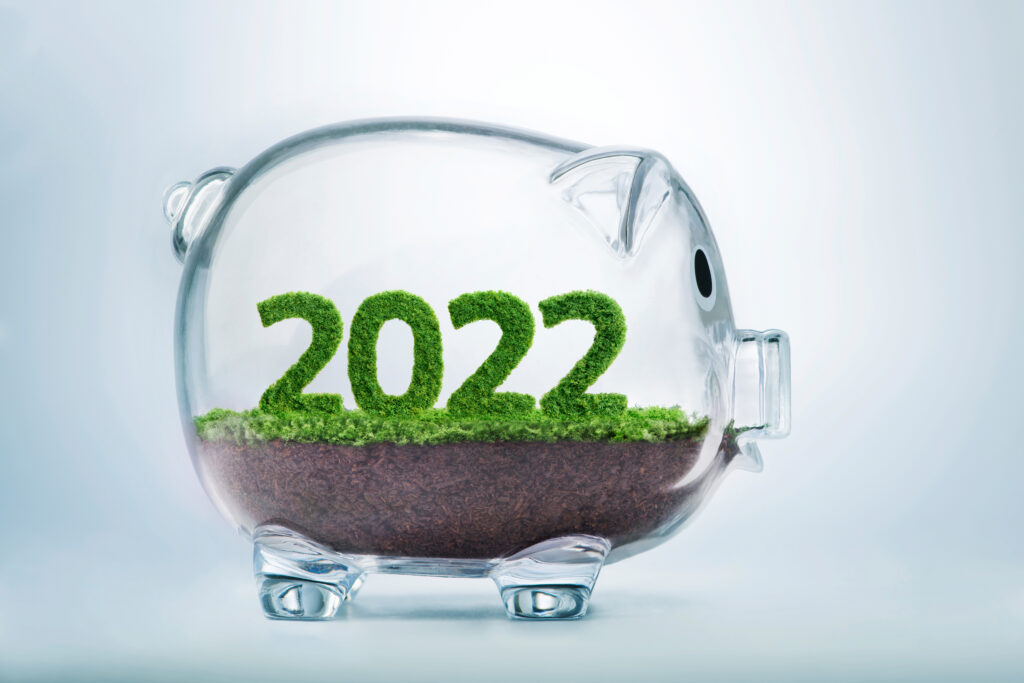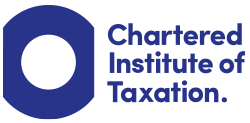The Chancellor of the Exchequer, Rishi Sunak, presented his Spring Statement to Parliament yesterday, Wednesday 23 March 2022, and we provide a summary below. We will post more detailed analyses of the changes businesses need to make to take advantage of these changes as the details are published by HMRC.
Understandably, the Chancellor opened his speech expressing sympathy for the people of Ukraine and paying tribute to soldiers in the Ukrainian army. He said the UK has a moral responsibility to use its economic strength to help Ukraine with economic and humanitarian aid, as well as sanctions against Russia. However, he warned the actions taken against Russia are not without cost and present a risk to our economic recovery.
The Chancellor saved his biggest announcements until the end of his speech and these were as follows (full details from HMRC here):
National Insurance Contributions primary threshold rise
The NIC primary threshold will rise to £242 per week, (£1,048 per month) to align with the personal allowance of £12,570 per annum. This will be effective from July 2022 and potentially save the taxpayer over £330. It may also help people understand exactly when they will begin to pay tax on their earnings (NIC of course being a tax).
This measure also reduces Class 2 NIC liabilities to nil on profits between the Small Profits Threshold (SPT) and LPL. This will ensure that no one earning between the SPT and LPL will pay any Class 2 NIC, while allowing individuals to be able to continue to build up National Insurance credits.
Employment Allowance will rise to £5,000
The Employment Allowance – a relief which allows smaller businesses to reduce their employers National Insurance Contributions bill each year – will rise from £4,000 to £5,000. The cut is worth up to £1,000 for half a million smaller businesses and starts in two weeks’ time, on 6 April. As a result, 50,000 of these businesses will be taken out of paying NIC and the Health and Social Care Levy, taking the total number of firms not paying NIC and the Levy to 670,000.
Income tax to be reduced to 19p
Most of the changes announced in the Spring Statement are imediate but Rishi Sunak announced a commitment to reduce the basic rate of income tax by 1p by the end of this parliament in 2024, bringing the basic rate of tax down from 20p to 19p. The cut will be worth £175 on average for 30 million people, for workers, savers and pensioners and will be the first cut to the basic rate in 16 years.
VAT will be abolished on energy saving materials
VAT will be abolished on energy saving materials such as insulation, solar panels and heat pumps (currently 5%).
Fuel duty cut by 5p
Fuel duty for petrol and diesel will be cut by 5p per litre from 6pm yesterday (23 March) to help drivers across the UK with rising costs. This cut will be effective for 12 months until March 2023.
Increase in National Insurance Contributions Still Going Ahead
Finally, the planned increase in National Insurance Contributions from April 2022, earmarked for Health and Social Care, will indeed go ahead despite many calls for it to be delayed or scrapped altogether.
Get In Contact About The Changes in the Spring Statement
If you would like any advice on how the Spring Statement will affect you or your business do not hesitate to get in touch with our accountants in Edinburgh, Glasgow or Livingston through this contact form and we will get right back to you.





